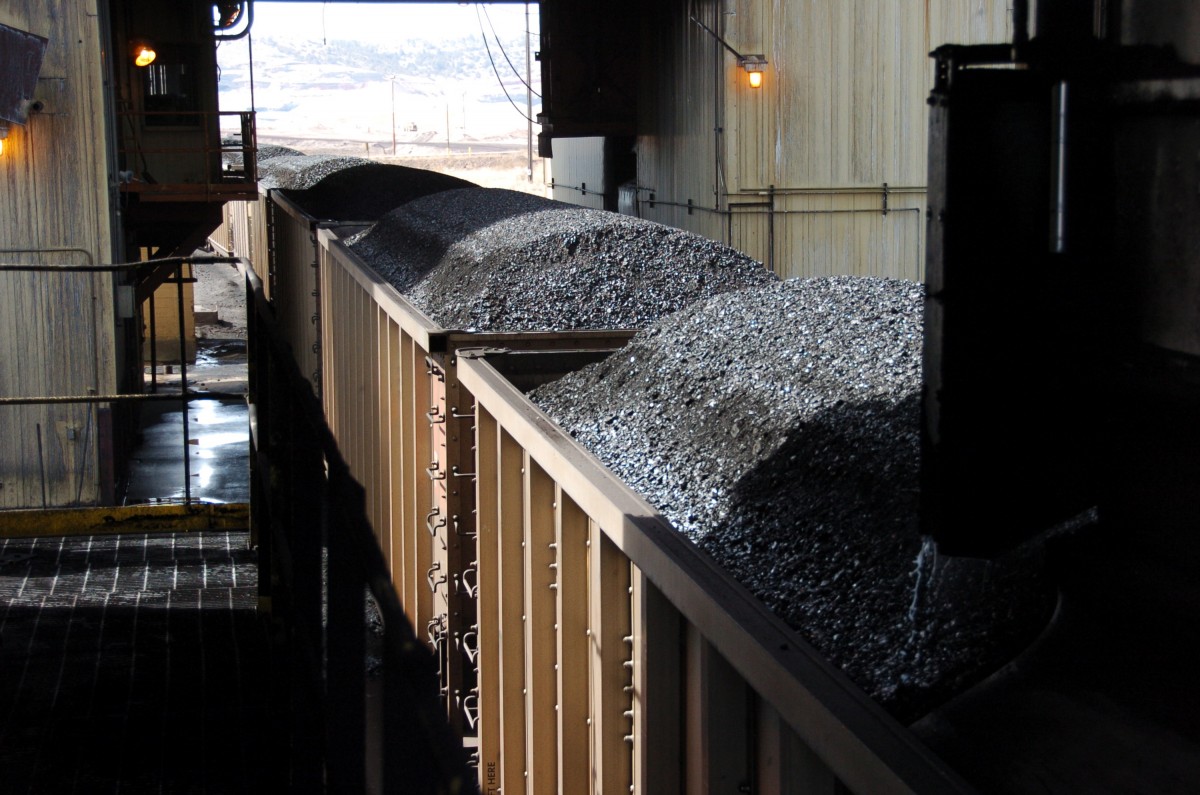CHARLESTON — The Senate Finance Committee approved a stretched-out, slowed-down version of the bill to reduce the bill to reduce the severance tax on steam coal from 5 percent to 3 percent.
The committee also approved one of the two House bills aimed at gathering money to cap orphaned oil and gas wells across the state.
The coal bill, HB 3142 is intended to help the state’s ailing steam coal industry compete better against other states that have no severance tax or cheaper coal, or both.
As it came from the House, the bill spread the reduction across two years, costing the state $30 million per year.
The Finance amendment spreads it across three. The reduction would cost the General Fund $20 million per year, for amounting to $60 million by the third year.
It also wraps in HB 2829, which eliminates the severance tax on limestone and addresses the same section of code.
Chris Hamilton, vice president of the West Virginia Coal Association, addressed concerns from members who have heard that the $60 million loss will have minimal impact – saving maybe just 100 jobs.
Hamilton outlined the industry’s woes before enumerating the benefits. He said that since 2009, the state’s coal production has been trimmed by half. West Virginia steam coal once was shipped to 162 power plants in 25 states; now it goes to 52 plants in nine states.
He cited a PricewaterhouseCoopers report saying the tax cut generate 400 new mining jobs, 300 transport jobs and 1,000 downstream jobs. It would generate $300 million in economic activity and $130 million from the new jobs.
Neighboring Pennsylvania and Ohio, he said, have no severance tax, putting West Vriginia steam coal at a $2.50 per ton disadvantage; the tax cut will cut that disadvantage to about $1.50.
And, he said, cheaper steam coal will lower utility costs, benefiting ratepayers.
Sen. Doug Facemire, D-Braxton, used Hamilton’s point against him, noting the $1.50 disadvantage will remain. And he questioned who exactly will benefit. “Are we helping the miners and the counties, or are we just going to stick this money the coal companies’ pockets?”
What’s guaranteed, Facemire said, is that the state will lose some severance income. “What we’re doing here is taking money that our state really, really needs.”
The Senate budget bill reduces higher education funding, he said, and the roads are falling apart. “We don’t have this money to give away.” He added a bit later, “We stand on the wealthiest ground in the country and we’re the 48th or 50th poorest state.”
Chad Francis, speaking for the United Mine Workers of America, said the union supports the bills and its protection for coal jobs.
Arguing against the bill, Sean O’Leary, with the West Virginia Center on Budget & Policy, said the tax cut will have little impact, because other factors are affecting declining coal sales. Among them, lower coal prices in western states and the growing demand for gas-fired power.
While coal might suffer from the shift in fuel sources, he said, West Virginia will still benefit because of the growing gas demand.
Sen. William Ihlenfeld, D-Ohio, opposed the bill, saying the Senate has already approved another coal tax break bill, HB 3144, the North Central Appalachian Coal Severance Tax Rebate Act, which allows a coal company to obtain a severance tax rebate of 35 percent of the cost of new machinery equipment used to sever coal.
“I just don’t know that we can afford this,” he said.
But Sen. Eric Tarr, R-Putnam, said the state’s recent surpluses have come in part from increased revenue generated by increased business, and the more the Legislature can do to support increased business, the better off the state is.
The bill maintains severance tax income for the counties and Sen. Ron Stollings, D-Boone, offered a successful amendment to require counties to use a specified portion for economic development and infrastructure projects.
HB 3142 passed in a divided voice vote and goes to the Senate floor.
Well plugging bill
As it came from the House, HB 2673 would exempt from the 5 percent severance tax all gas wells producing less than 60,000 cubic feet per day and oil wells producing less than 10 barrels per day.
Instead of a tax, these wells would be charged a 2.5 percent fee on the value of product sold that will go into an Oil and Gas Abandoned Well Plugging Fund operated by the Department of Environmental Protection.
A Finance amendment changed the fee back to a 2.5 percent severance tax. It was explained that the DEP has no existing mechanism to collect the money, while the state Tax Department already has the means to collect it and send it to the right account.
HB 2673 returns to the Senate floor, where it is on second reading.
TWITTER @dbeardtdp Email David Beard at dbeard@dominionpost.com




